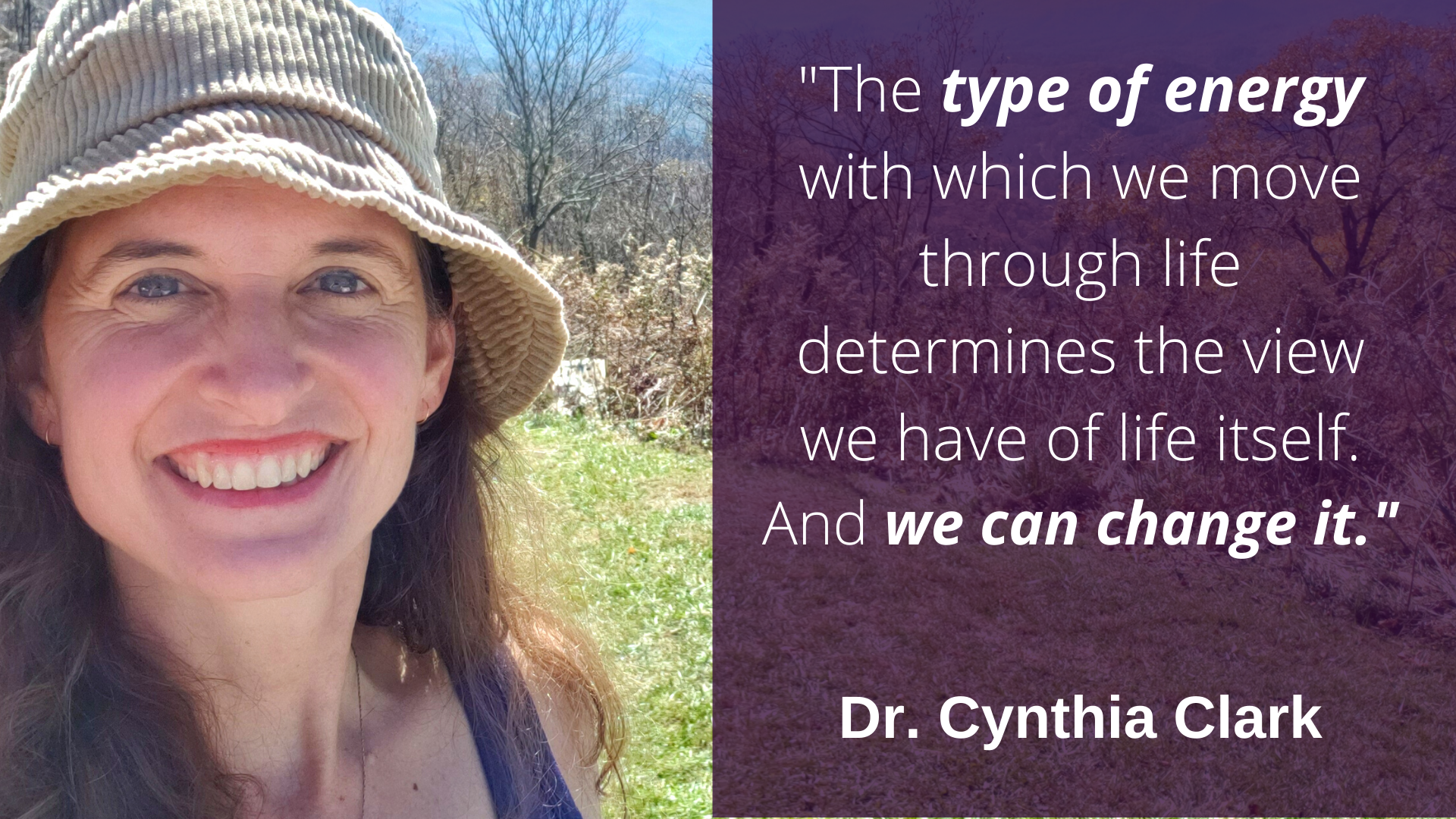METABOLISM
How To Get Your Power Plant Running Super-Efficiently
Most of us come into the world with healthy metabolism, which is the ability to change food into nutrients for our bodies. Over time, the process becomes sluggish and slow, and our energy levels drop.
Metabolism is the term used to describe all chemical reactions involved in maintaining the living state of the cells. When it is working, we thrive, and when it isn't working, we decline.
I believe in life. That's why I named my practice "Longevity Wellness" and why I created the Energy Evolution course that you are taking now. You deserve to be empowered in your health, and that is what I teach.
This course gives you practical energy techniques for improving your body's ability to turn your food into the right kind of energy, and help that energy go to the right places in your body.
Become a thriving power plant, and say yes to Life!
Help the body to do what it does and keep your cells vibrant and thriving! Your body will thank you!

and why should I care if it's working?
Metabolism can be conveniently divided into two categories:
Metabolism is closely linked to nutrition and the availability of nutrients. Bioenergetics is a term that describes the biochemical or metabolic pathways by which the cell ultimately obtains energy. Energy formation is one of the vital components of metabolism.
Nutrition is the key to metabolism. The pathways of metabolism rely upon nutrients that they breakdown in order to produce energy. This energy in turn is required by the body to synthesize molecules like new proteins and nucleic acids (DNA, RNA).
Nutrients in relation to metabolism encompass factors like bodily requirements for various substances, individual functions in the body, the amount needed, and the level below which poor health results.
Essential nutrients supply energy (calories) and supply the necessary chemicals which the body itself cannot synthesize. Food provides a variety of substances that are essential for the building, upkeep, and repair of body tissues, and for the efficient functioning of the body.
The diet needs essential nutrients like carbon, hydrogen, oxygen, nitrogen, phosphorus, sulfur, and around 20 other inorganic elements. The major elements are supplied in carbohydrates, lipids, and protein. In addition, vitamins, minerals and water are necessary.
The chemical reactions of metabolism are organized into metabolic pathways. These allow the basic chemicals from nutrition to be transformed through a series of steps into another chemical, by a sequence of enzymes.
Enzymes are crucial to metabolism because they allow organisms to drive desirable reactions that require energy. These reactions also are coupled with those that release energy. As enzymes act as catalysts they allow these reactions to proceed quickly and efficiently. Enzymes also allow the regulation of metabolic pathways in response to changes in the cell's environment or signals from other cells.